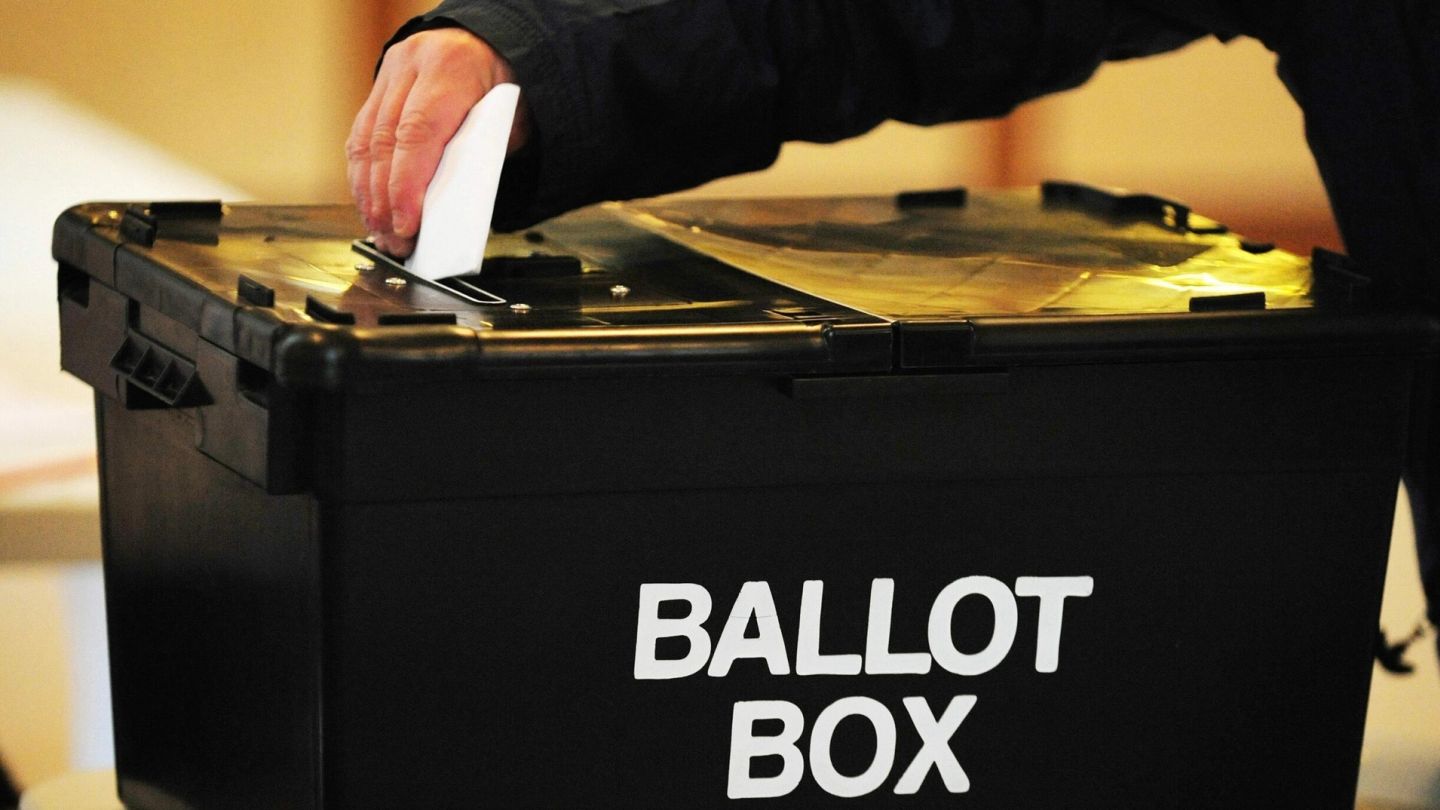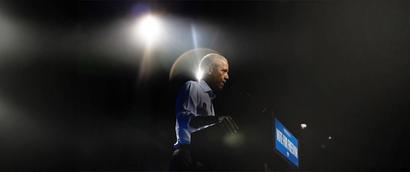

5 things that will definitely happen before election day on June 8th
With Prime Minister May calling a snap election, we look at the 5 things bound to happen before we take to the voting booths
Words: Gentleman's Journal
Britain is going back to the polls, again. Speaking in front of 10 Downing Street, Prime Minister Theresa May said: ‘We need a general election and we need one now, because we have at this moment a one-off chance to get this done while the EU agrees its negotiating position and before the detailed talks begin.’
But, before the campaigning, jockeying, and in-fighting can begin, first here are five things that will happen before the general election on the 8th June 2017.
Although Mrs May has set a date for the third consecutive time Britain has gone to the polls in as many years, the process for arranging a General Election isn’t as straightforward as you might expect.
The full statement: @theresa_may wants a General Election on Thursday 8 June 2017. Latest on Sky News https://t.co/K4qe34eeFg pic.twitter.com/85bORZEBLc
— Sky News (@SkyNews) April 18, 2017
To call the election, the Prime Minister first has to put the question to the parliament where two thirds of MP’s will have to approve her selected date. The Fixed-term Parliaments Act of 2011 has a provision that allows an early parliamentary general election so long as the House of Commons passes a motion. This can also occur as part of a vote of no confidence in Her Majesty’s Government.
Speaking with the Telegraph’s Kate McCann about whether he would step down if his party lost, the Labour leader reportedly said: ‘We are campaigning to win this election, that’s the only question now’.
Based on the current polling it is safe to say that the Labour party is currently geeing up for a fight it just can’t win. Bookmakers Betway have already predicted that the Tories will easily win the snap election, giving them 1/7 odds of winning an overall majority.
Betway’s Alan Alger said: ‘After a second poll in two days confirmed a comfortable 21-point lead for the Conservatives over Labour, we’re not expecting a hung parliament at 13/2.’ Labour’s chances of winning an overall majority are just 7/1, closely followed by the Lib Dems (20/1), UKIP (66/1), and the Greens (500/1).
If Corbyn can’t turn around his parties fortunes in the short campaign leafing into the general election it will be hard for him to argue that his party member’s mandate is a worthwhile trade-off for total and utter ineluctability.
In the vacuum Labour has left behind following its Brexit collapse, it is safe to say the Lib Dems are a party on the rise. Since adopting an anti-Brexit stance the party has shown itself to be an increasingly vocal proxy-opposition.
Commenting on the Prime Minister’s call for a General Election, Liberal Democrat leader Tim Farron said: ‘This election is your chance to change the direction of our country. If you want to avoid a disastrous Hard Brexit. If you want to keep Britain in the Single Market. If you want a Britain that is open, tolerant and united, this is your chance. Only the Liberal Democrats can prevent a Conservative majority.’
The election will undoubtedly be a test of just how far the Lib Dems have recovered from their complete wipeout at the 2015 election.
According to the latest Westminster voting intentions, if there was a vote tomorrow, pollsters YouGov predict that the Conservative would get a 44% share of the vote.
This represents the lowest voting intention share for Labour since June 2009 when Gordon Brown was in power. This undoubtedly stems from the result of a similar poll asking who would make the better Prime Minister: Theresa May or Jeremy Corbyn, which Mrs May wins with 50% of the vote.
But the same study also concludes that 36% of voters claim that they ‘do not know’ who would make the better leader. With this many people still undecided the polls will inevitably have as much licence to change as they did in the last two major elections – both of which pollsters predicted incorrectly.
Still one of the most contentious issues in British politics nearly a year after the referendum, Brexit is sure to play a major role in the campaign. Already while announcing her intention to call a snap election, Mrs May cited the Brexit negotiations as the primary reason for seeking a bigger parliamentary majority in the House of Commons.
By then the new French President will have been selected and undoubtedly Europe will be once again watching what happens across the Channel very closely. Preben Aamann, a spokesman for President Donald Tusk of the European Council, says ‘the UK elections do no change our EU27 plans. We expect to have the Brexit guidelines adopted by the European Council on 29 April and following that the Brexit negotiating directives ready on 22 May. This will allow the EU27 to start negotiations.”
The result of this election almost definitely won’t be as surprising as Brexit was for most people, but whatever happens on the 8th June, it is safe to say that the UK’s next election is shaping up to be a bit of a mismatch.


